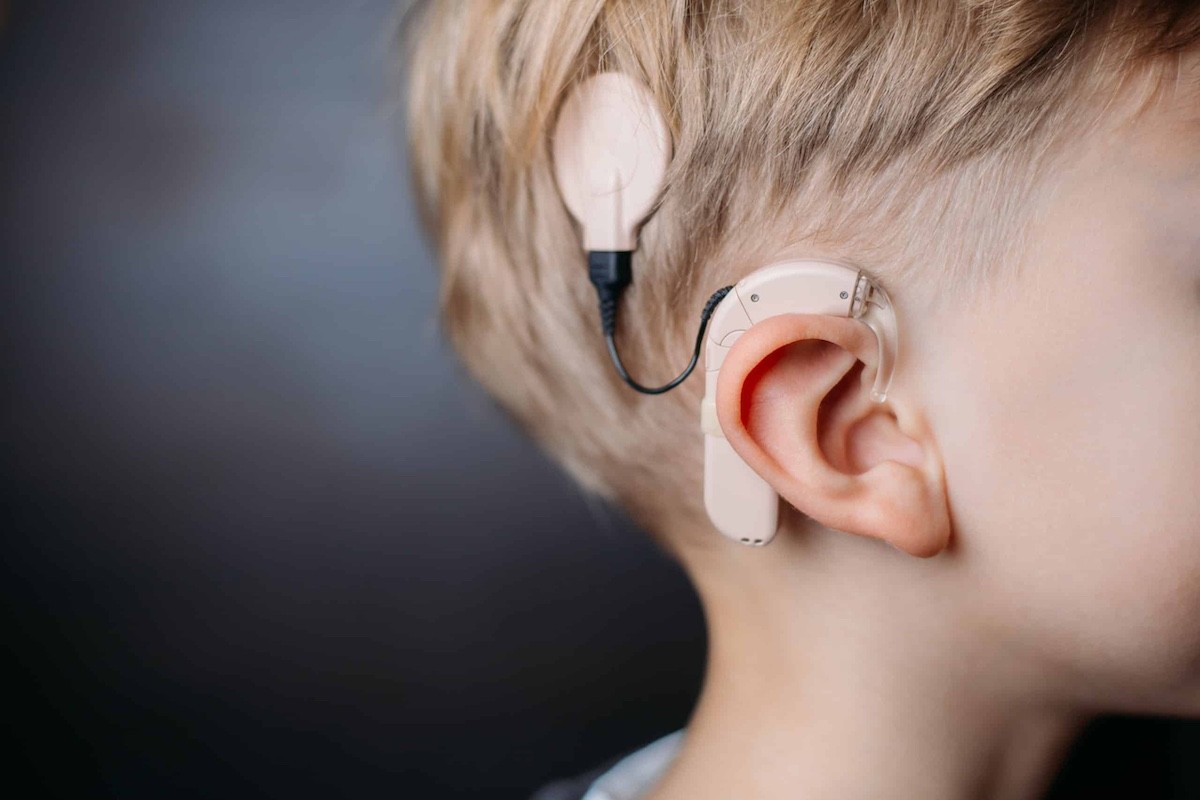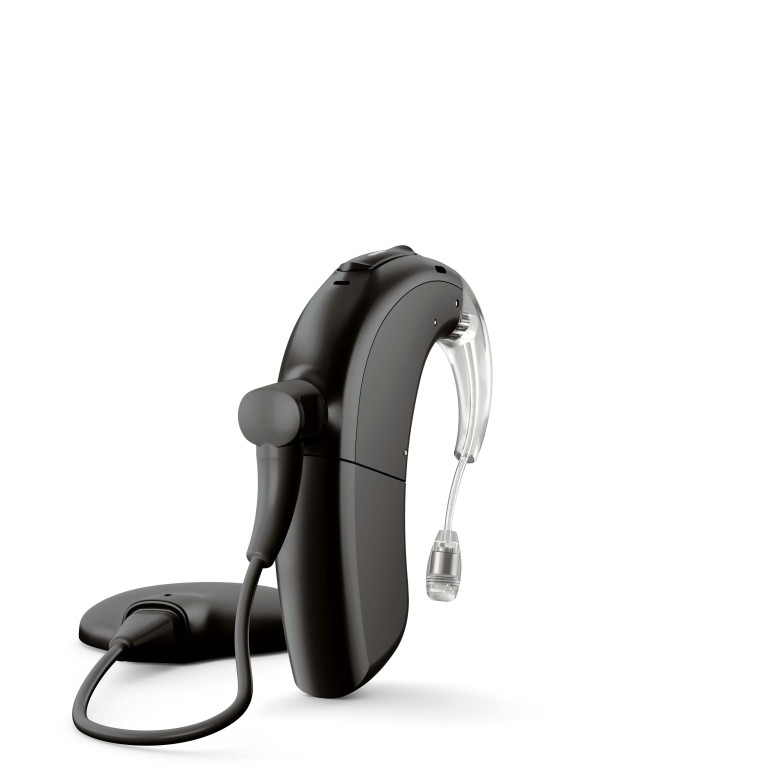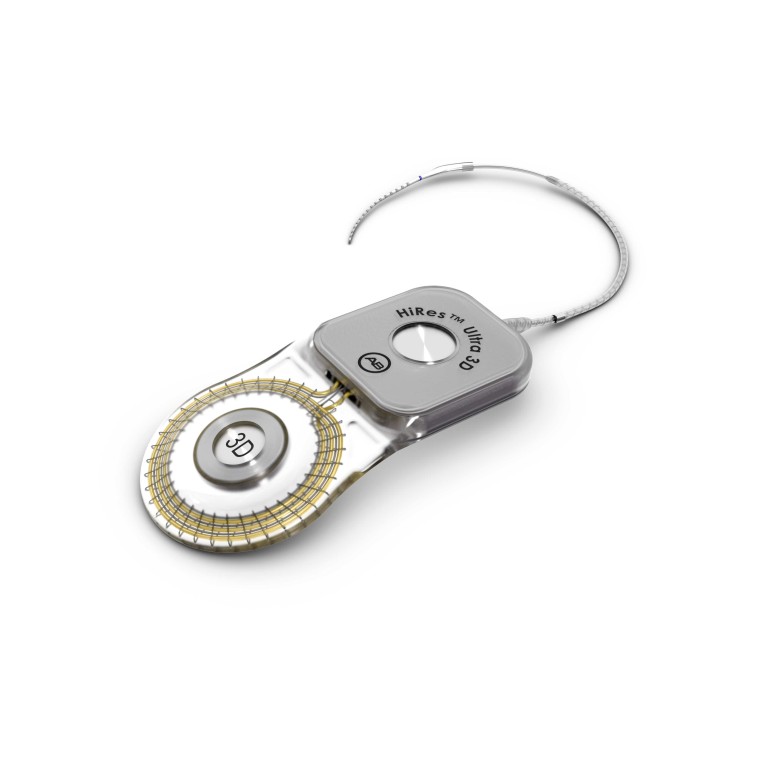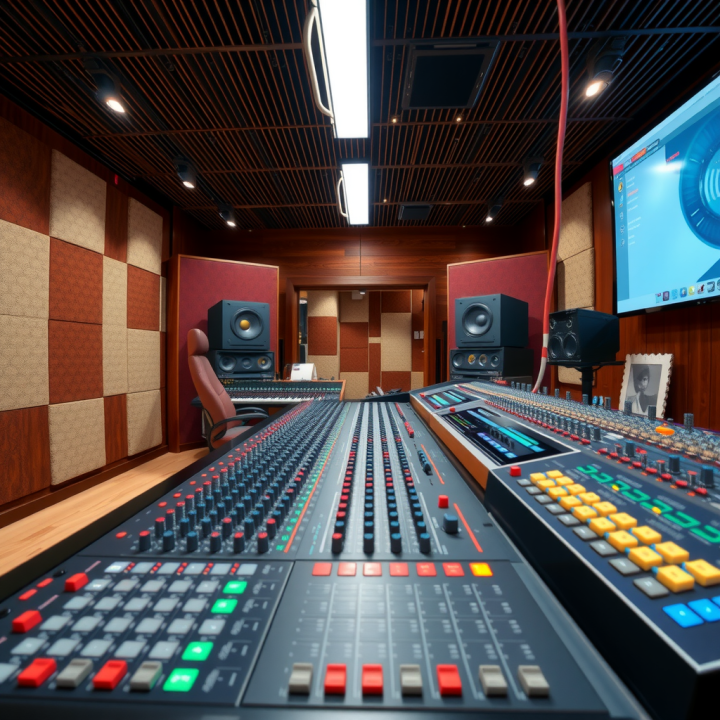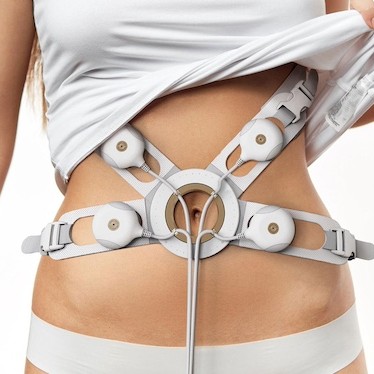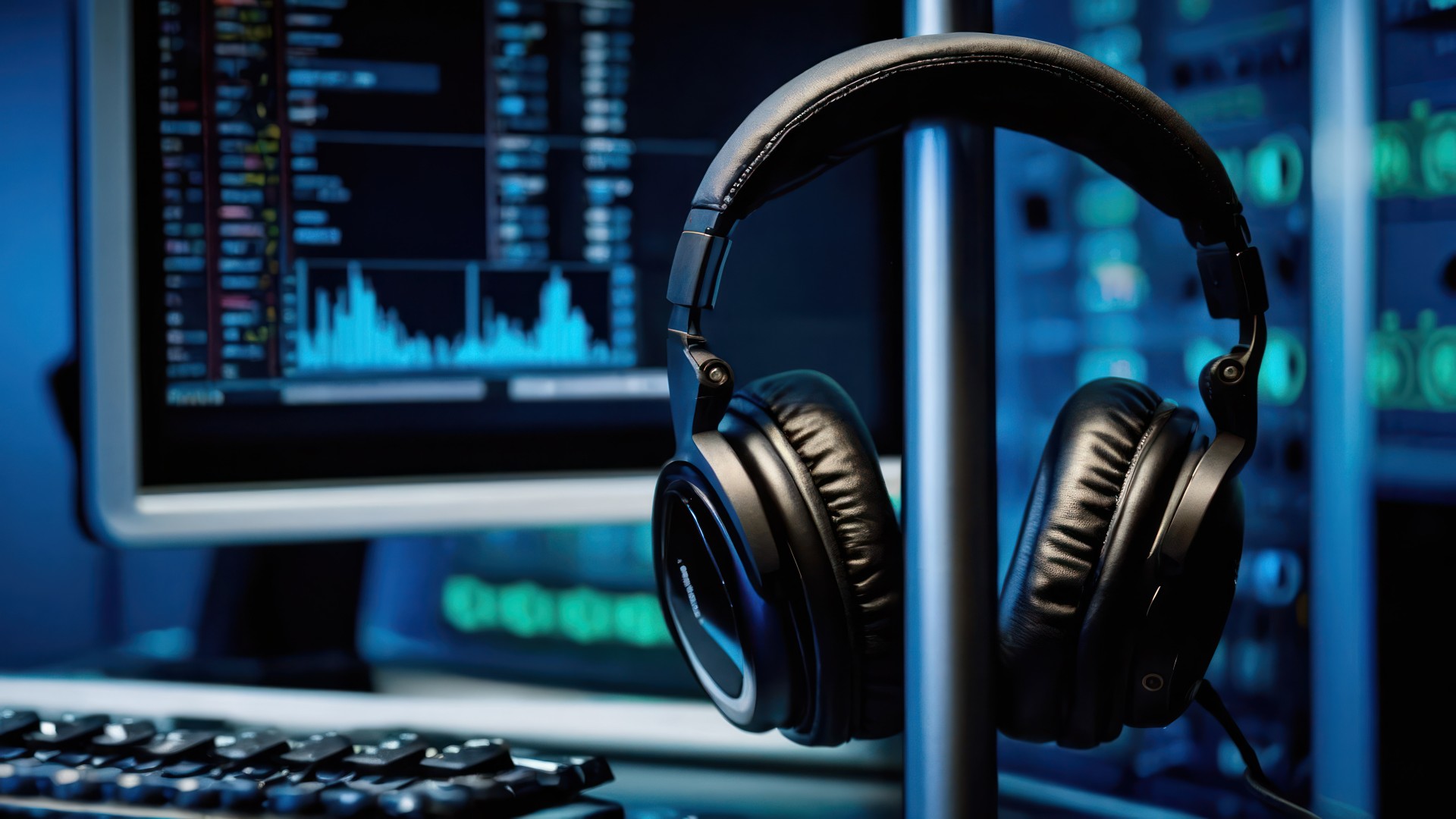We Contributed to Cochlear's Technology, Changing the Lives of 600,000 Deaf Individuals Worldwide
Task
To perform core R&D activities and develop new DSP and machine learning algorithms embedded in Cochlear implants.
Challanges
- Algorithms must be efficient due to the limited memory and processing power available on cochlear implant devices.
- Algorithms must be resilient to a wide variety of acoustic environments and noises, such as wind, microphone rubbing, and background chatter.
- Algorithms must pass clinical studies and are subject to a high level of scrutiny due to medical device regulations.
How we helped
- Carried out core R&D activities over several years
- Researched and created several signal processing algorithms: de-reverberation, speech enhancement, microphone diagnostics, and many others.
- Contributed to various machine learning projects, including a speech-music-noise classifier and own voice detection.
- Helped create labeled datasets.
- Modified various algorithms to reduce complexity and enable fixed-point DSP porting.
- Provided documentation creation, project management, presentations, and regular liaison with the client.
Results
- Our R&D contributions helped Cochlear advance the technology of their implants and, hopefully, improve the lives of 600k users worldwide.
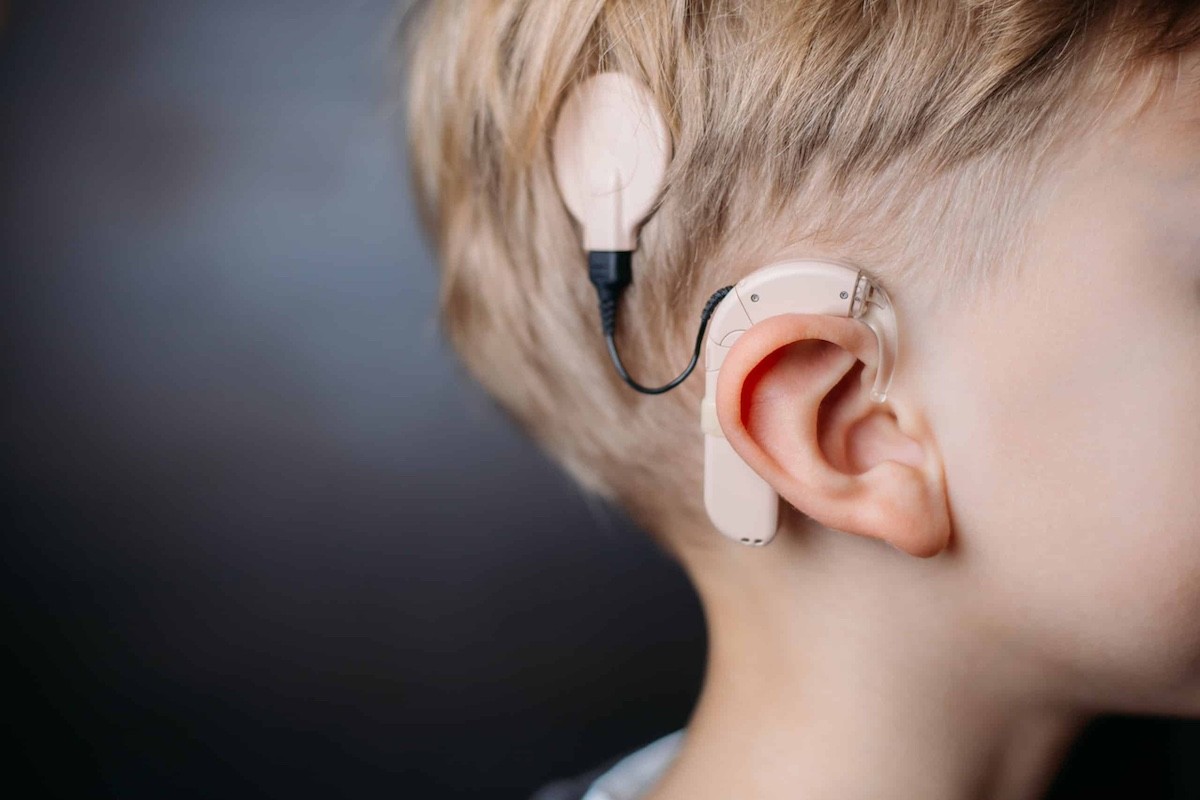
 Guillaume Potard
Guillaume Potard 